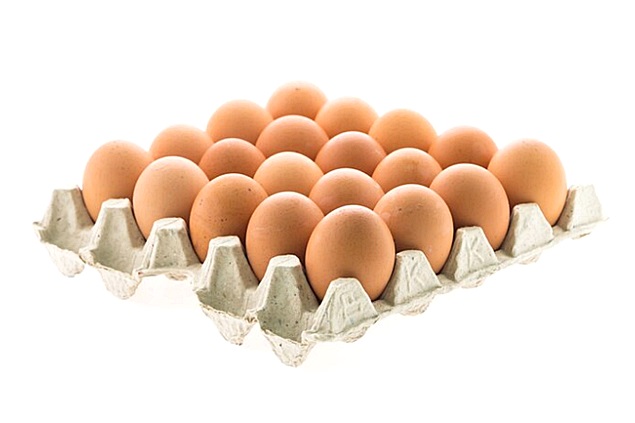
PoultryWorld notes that precision nutrition strategies for extending the laying cycle are becoming increasingly important as farmers seek to extend brown and white birds to 80 weeks and 380 eggs, respectively, and 100 weeks with 500 eggs.
Ralph Bishop, Innovation and Poultry Nutrition Manager at Premier Nutrition, spoke about maximizing the potential of birds from chick starter rations up to 50 weeks.
Speaking at the annual British Free Range Producers conference in the West Midlands, UK, Bishop emphasized the importance of correctly applying diets for chicks to ensure good development of their skeleton in the first 8-10 weeks, along with organ (4-5 weeks) and muscular development (5-10 weeks).
Dense rations
A dense diet with an energy-rich ration (12 MJ) and a highly digestible balanced protein was crucial for organ development, while special attention had to be given to details around calcium and phosphorus intake to ensure strong bone development. The inclusion of phytase enzymes in rations was also helpful, he added.
Although weeks 10-16 were generally quiet for bird development, Bishop said it provided an opportunity to prepare for the stresses and strains generated by moving chicks to layer farms, vaccination, and the start of the laying cycle.
At this stage, it was vital to train the chicks to eat and build the gizzard and gastrointestinal tract, which could be aided by coarser particles and insoluble fibers.
Intake, intake, intake
The period from 16 weeks to maturity at 30 weeks increases daily feed consumption from 75g/bird/day to approximately 120g to ensure that proper body weight increases from 1,300-1,400g to 1,900g, requiring an appropriate dense ration.
This was crucial, as birds were likely to go from zero egg production at week 16 to 90% production by week 22: "Intake, intake, and more intake is crucial," he said.
Egg size and quality
At 30 weeks, producers should consider what areas of improvement they would like to see, including thinking ahead about egg size and the amount of calcium, phosphorus, and vitamin D3 that should be administered to maintain high shell quality.
Bishop said farmers need to be proactive about egg size, working towards eggs weighing 62-63g. Hens that produce eggs weighing 65g could have issues with shell quality later in life.
Clean water
Charles Macleod, Commercial Manager of St David's Poultry Layers, spoke about the importance of clean water to prevent issues such as intestinal dysbiosis, which could reduce egg production and quality, lead to increased mortality and morbidity, decreased feed efficiency and growth performance, compromised immune system, and increased susceptibility to other infections and intestinal inflammations.
Macleod said producers need to understand that feed composition, as well as temperature and humidity, significantly influence water consumption.





